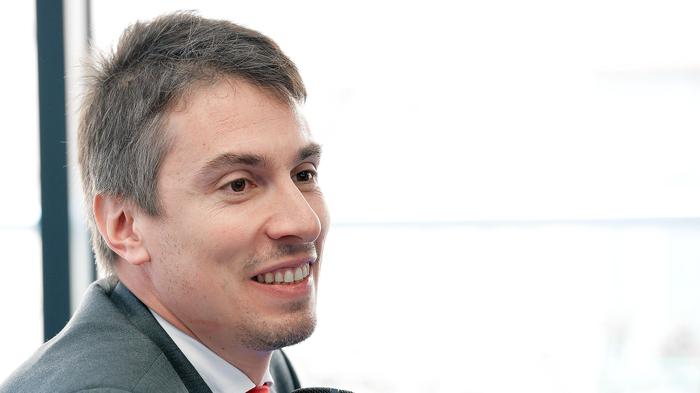Happy, excited and determined to make people understand how "culture should not be considered marginal but as the spinal column of our country".
This is the thought of Christian Greco, director of the Egyptian museum in Turin, one of the spearheads of the Italian museum system, invited by Minister Dario Franceschini to participate and speak at the grand opening of the G20 of Culture which will be held in a few hours in a place evocative as the arena of the Colosseum in the presence of the ministers of the twenty largest world economies and almost 40 delegations.
"I am convinced that culture can be the material encyclopedia of our society" says Greco to ANSA, reiterating that only "thanks to the memory of the past can we steer the pace in the present and above all look to the future". And he admits: "I feel a lot of responsibility and I am honored to have the opportunity to speak to the world from a very evocative place and to try in a few minutes to make people understand how, especially in this post-pandemic restart, culture should no longer be considered ancillary but fundamental within society ".
In a period no longer of revolution but of digital transition, according to the director, the country must launch "a new digital humanism". "It must be a time - he explains - in which historians, architects, philosophers, neuroscientists, psychologists can work side by side with chemists, physicists, computer experts so that we can arrive at the definition of a new semantics to understand and elaborate the complexity of reality. places of culture teach us precisely this: there are no definitive and simple answers to complex phenomena. In this pandemic moment we have experienced all this. It is a bit like what I call the 'museum method': a scrupulous examination of events in order to understand the present and planning innovation ".
And for Italy in particular, Greco says: "It could become the country of paideia, of global education, thanks to this cultural heritage spread throughout the country, based on digital humanism we can reconstruct contexts and disiecta membra, we can put in dialogue the objects with the community in which they are inserted and bring the landscape back into the places of culture. All this can allow the development of creativity and innovation ". Greco speaks precisely of completely overturning the perspective: "The assiduous, and not sporadic, attendance of the places of culture is what we need to make a true formation of the new generations.This will allow us - he notes - also to develop research projects that allow us to understand the diachronic development of the moments of society ".
But from the places of culture it is also possible to understand the relationship between man and the environment: "They can help us - he adds - to read the landscape and find a solution that allows its care and preservation". According to Greco, museums must also necessarily become places of inclusion, of the creation of citizenship, of dialogue and comparison. "Article 27 of the 1948 UN Declaration of Human Rights - he recalls - puts culture at the center for the development of a more harmonious society". Greco is also keen to clarify that in his speech he will not make any mention of tourism. "That, in fact, is an added value.There has been a lot of talk - he says - about how the culture crisis was a tourism crisis but we did not realize how with Covid there was a break between us and the places of culture that we must immediately regain possession of.
Not only for the Sunday trip but because they are our memory and we cannot live without the memory of the generations that preceded us. "Finally Greco tells how the Egyptian museum is always in continuous development and ferment:" We have opened a new room that he calls "In search of life", which illustrates a bit what I would like the museum of the future to be, that is, a place that recreates contexts and puts people at the center. We have turned the perspective upside down: by making a room on mummification we tell life by reconstructing the story of 6 mummies that represent 6 stages of the phases of life. We have reconstructed their bio, we use documents to understand what the demographics were at that time in that particular place, what was the life expectancy and what was life itself.
We have a Michigan papyrus that tells us how much a book or food cost and then we tell these stories, even in an innovative way, with display cases and liquid crystals that light up and use multimedia modes. In short, a reason to return soon to our museum and attend it assiduously ". (ANSA).

